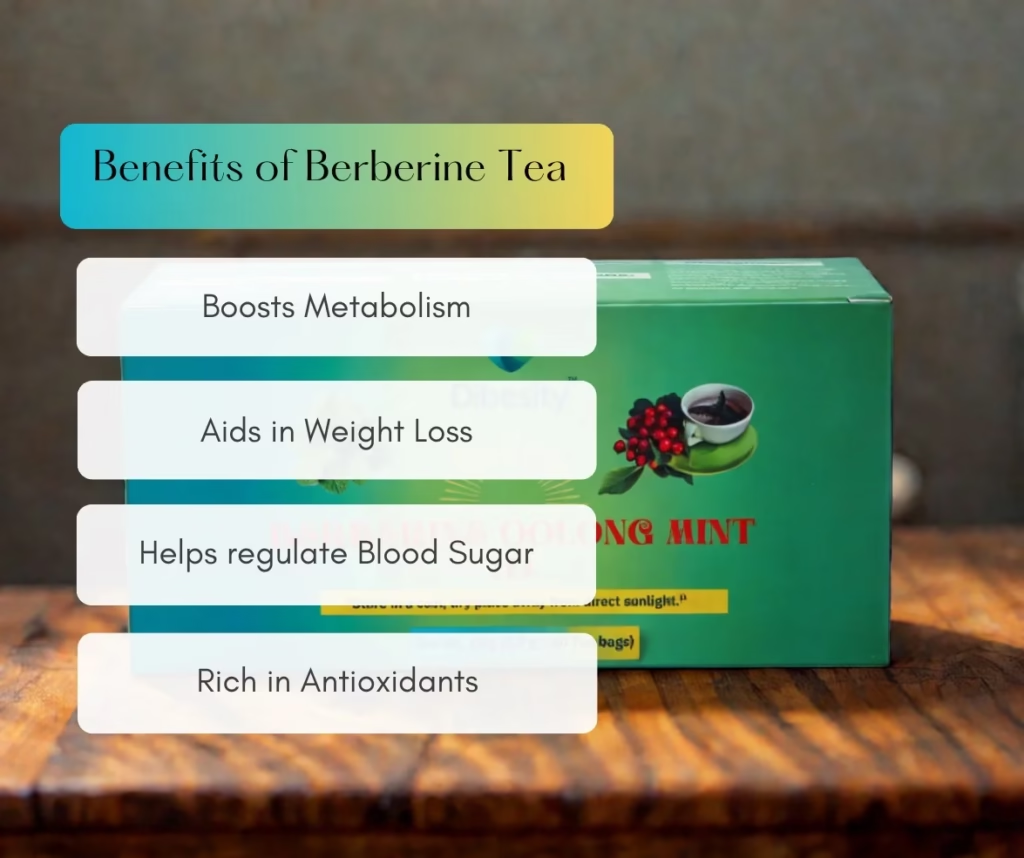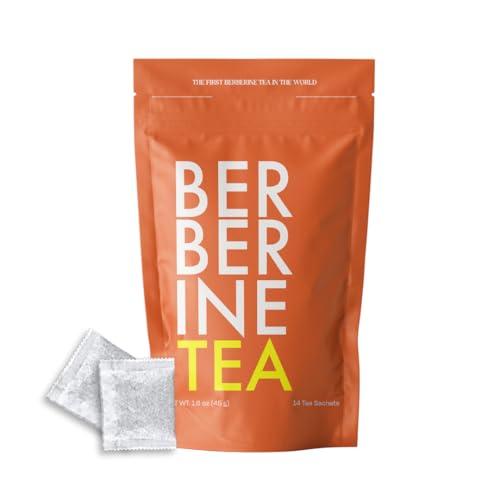People using Ozempic are either diabetics or obese or both. A diabetic and low-calorie diet is essential for all these patients. However, specifically, when using Ozempic, you should avoid certain foods.
Ozempic is an injectable medicine administered weekly into the skin. It can be administered before or after a meal.
Since it is slowly absorbed, the meal on the day of administration has little impact on any of the side effects associated with Ozempic.
A list of food items that may increase the side effects of Ozempic is listed here. It is important to remember that these food items are not contraindicated.
So, although, not recommended for frequent use, you can still have a taste of these food items once in a while.
The manufacturer has not recommended any specific food items, nor is there any food that is contraindicated according to the manufacturer’s recommendations.
Avoid eating Greasy & Fried Foods While on Ozempic.
Greasy, oily, fatty, and fried foods should be avoided with Ozempic use. Fatty food items have the following effects on your body:
Oily and Fried foods decrease the motility of the stomach:
Ozempic acts on the gastrointestinal tract and decreases the motility of the stomach. This is, in fact, one of the effects or the side effect of Ozempic.
When the motility of the stomach is reduced, the person feels bloated all the time. Eating oily and fried food items enhances this effect of Ozempic and may cause severe nausea, vomiting, post-meal bloating, and heaviness in the stomach region.
Tolerating Ozempic while taking an excess of fried and oily food items will become much more difficult.
Greasy and Fried food items have lots of calories:
If you are on Ozempic to control your diabetes and lose weight at the same time, you are using the right medicine.
However, if you fail to achieve your blood glucose targets or don’t lose weight while on Ozempic, check your diet.
Taking calorie-dense food items not only makes you gain weight but also impairs your glycemic control.
Fried and greasy food items can cause both these problems if you are on Ozempic.
- Fried foods may increase the chances of pancreatitis.
Pancreatitis is one of the life-threatening complications of Ozempic. People who have a history of pancreatitis should ideally avoid using Ozempic.
High cholesterol is another reason for developing acute pancreatitis.
If you take oily meals while on Ozempic, your risk of developing pancreatitis doubles if you are also on Ozempic (Semaglutide).
Your risk of pancreatitis may proportionately increase if you are on a high dose of Ozempic. Similarly, the higher your cholesterol levels, the higher your chances of developing pancreatitis.
Food items that should be avoided in patients at risk of pancreatitis while on Ozempic include:
Red meats
- Beef
- mutton
Fried items:
- Fried fish
- Fried chicken
- Junk foods
- Hamburgers
Nuts and Avocado
Refined Sugars
Avoid fried and oily food items if you have gallbladder issues.
One of the side effects of Ozempic is that it causes the relaxation of the gallbladder’s smooth muscles. Thus, secretions in your gallbladder stay for a longer time than usual.
Bile acids and biliary secretions become denser, and you become prone to developing gallstones.
Like Ozempic, oily foods have the same effects on the gall bladder as Ozempic. If you eat fried food items while on Ozempic, you are more prone to developing gallbladder stones.
If you have gallstones before treatment with Ozempic, after treatment initiation, you may develop severe right upper abdominal pain.
Oily food items will worsen the symptoms of gallbladder disease and biliary colic.
Examples of food items that have high-fat content and should be avoided while on Ozempic:
- Fried fish
- Fried chips
- Meat steaks
- Processed foods
- Oils
Avoid taking refined sugars and Carbohydrates while on Ozempic!
Refined sugars are readily absorbed and may impair your blood glucose. Secondly, refined sugars are more likely to be taken up by your gut bacteria.
As you take more refined sugars, you are likely to develop bacterial overgrowth. Bacterial overgrowth causes bloating, flatulence, crampy abdominal pain, and diarrhea or diarrhea alternating with constipation.
People taking excess refined sugars develop abdominal gases. These symptoms may also develop if they are using Ozempic (Semaglutide).
Abdominal and gastrointestinal symptoms were the most common in patients on Ozempic when data from Reddit was evaluated.
Most patients have constipation followed by nausea, abdominal fullness, gas, and abdominal pain.
What are examples of refined sugars that one should avoid while on Ozempic?
Refined sugars are extracted from natural sources of sugars that are usually added to foods. The most common example of refined sugars is “table sugar”.
Other examples include:
- Brown sugar
- Cane sugar
- Cane sugar
- Caramel Syrup
- Beet sugar
- Juices like apple and grape juice
- Rice syrup
- High-fructose corn syrup
- Molasses
- Glucose
- Sucrose
- Fructose
- Maltose
Examples of food items and refined sugars that may increase the chances of gallstones while on Ozempic include:
- Refined grains
- Refined sugar
- White flour
- White rice
- Sweets like candies
- Baked goods







